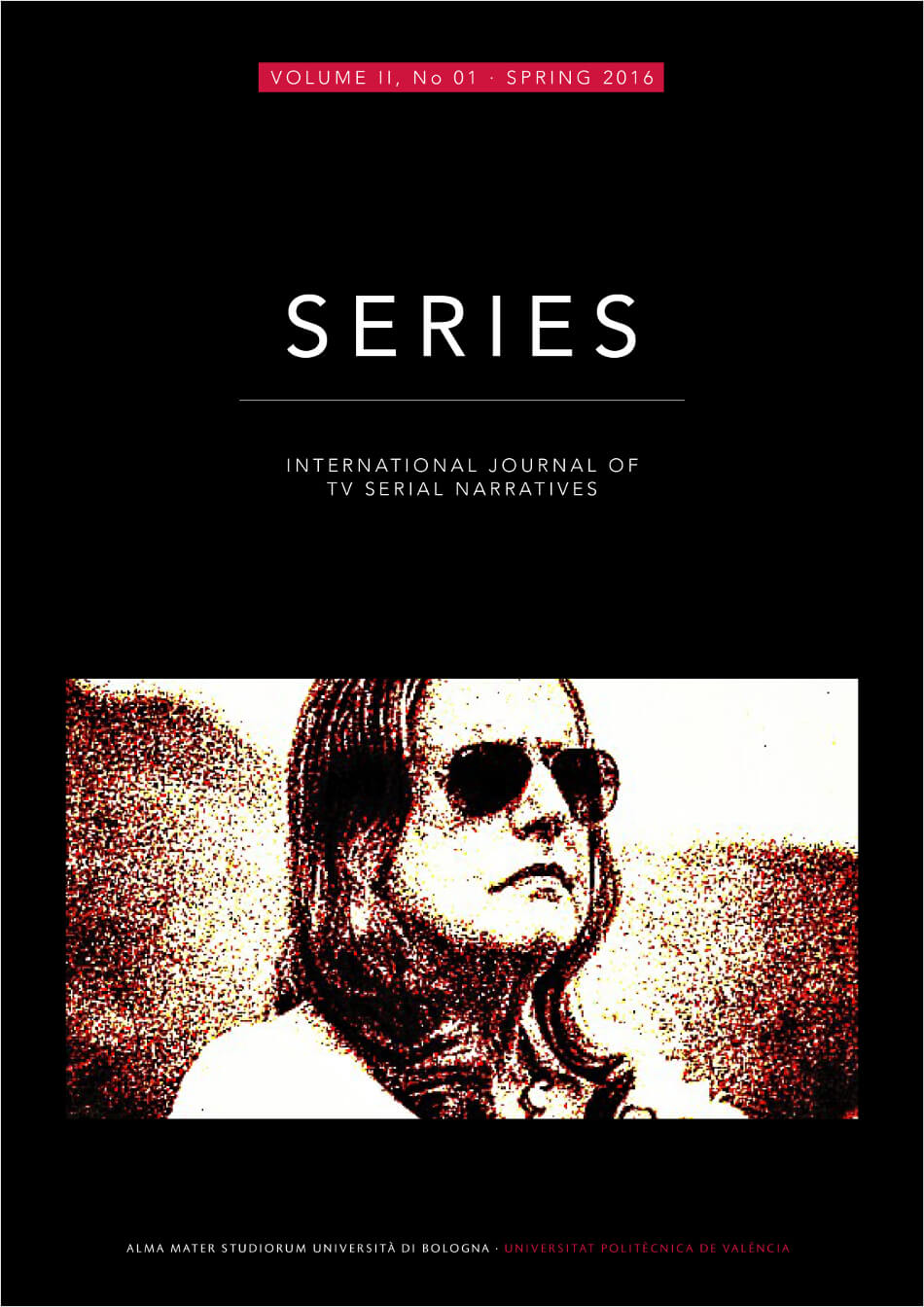An Analysis of Transparent through Dispossession
DOI:
https://doi.org/10.6092/issn.2421-454X/6165Parole chiave:
Dispossession, Transparent, Gender Expansive, Transgender, Cisgender, Coming OutAbstract
Using dispossession as an analytical lens, this essay problematizes the way in which the transgender “coming out” experience is depicted on the Amazon original serial, Transparent (2014-). Contextualizing Butler and Anathasiou’s (2013) work on dispossession within the history of the pathologization of gender expansiveness in the United States of America, this essay argues that Transparent’s use of “coming out” rhetoric dispossesses the transgender protagonist, Maura (Jeffrey Tambor), of the very gender autonomy the show has the potential to portray. While Transparent undoubtedly increases visibility for gender expansive individuals in the media, and often renders Maura in a sympathetic manner, its pilot season ignores the history of the pathologization of gender expansiveness while often reinforcing “wrong body” rhetoric concerning transgender individuals. Transparent depicts Maura as a dynamic character, yet it also depicts her dispossession that results from sociocultural forces and from her own internalized transphobia (cissexism) as a “normal” part of “coming out”. The authors conclude that exposing the transgender dispossession depicted in Transparent could disrupt the normality of cisgender privilege to open a critical dialogue about the reification of the gender binary in media.Downloads
Pubblicato
2016-06-17
Come citare
Funk, S., & Funk, J. (2016). An Analysis of Transparent through Dispossession. Series - International Journal of TV Serial Narratives, 2(1), 69–80. https://doi.org/10.6092/issn.2421-454X/6165
Fascicolo
Sezione
Culture / Ricezione / Consumo
Licenza
Copyright (c) 2016 Steven Funk, Jaydi Funk
La rivista è rilasciata sotto una licenza Creative Commons Attribuzione 4.0 Internazionale (licenza completa).
Vedere anche la nostra Open Access Policy.





